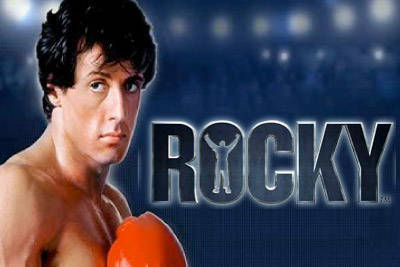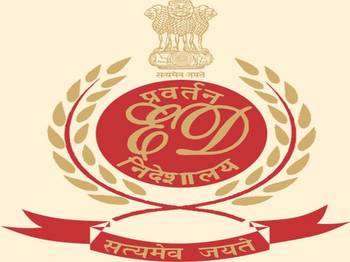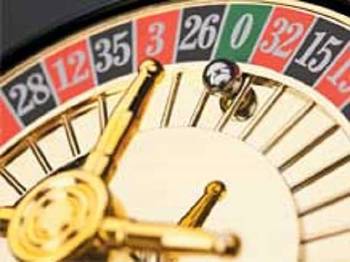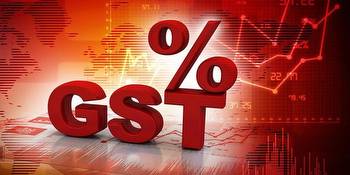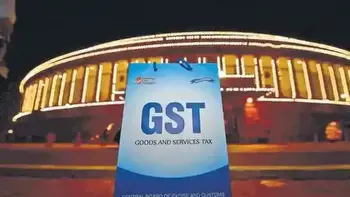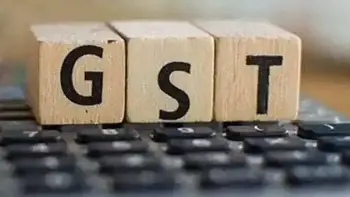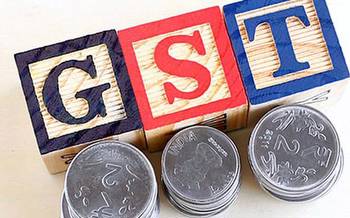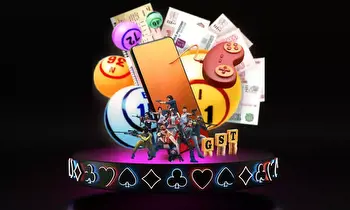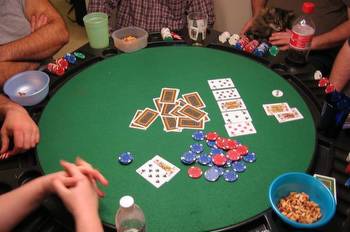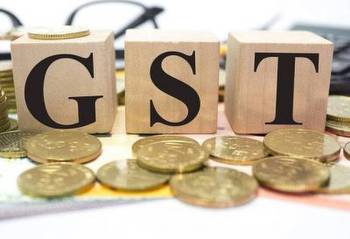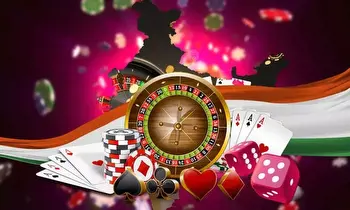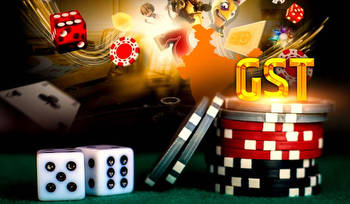India gambling market: The signs point to regulation, Marketing & Advertising News, ET BrandEquity

 Let’s face it — India has a deep-seated love for gambling, one that has been anchored by the people’s love for traditional desi games spanning centuries. Games like Andar Bahar, Teen Patti and Rummy have been described as the anchors of casual Indian entertainment, not to mention the cash cow of the country’s growing mobile market. So this begs the question, why is the gambling industry still largely outlawed in the country?
Let’s face it — India has a deep-seated love for gambling, one that has been anchored by the people’s love for traditional desi games spanning centuries. Games like Andar Bahar, Teen Patti and Rummy have been described as the anchors of casual Indian entertainment, not to mention the cash cow of the country’s growing mobile market. So this begs the question, why is the gambling industry still largely outlawed in the country?Gambling legal status needs a revamp
In late May, authorities in South Goa arrested 11 individuals following a raid at an alleged online gambling den at Gandhi market in Margao. The arrests, made under Sections 269 and 188 of the IPC and Sections 3 and 4 of the Public Gaming Act, have spurred renewed calls for regulation as more “illegal online gambling units have surfaced at many places in Margao” amid the ongoing lockdowns brought by the coronavirus pandemic.
Regulation is needed, especially in an industry like online gaming whose popularity has seen an explosive growth in recent years. As a SevenJackpots research article points out, “Regulation is intended to simplify complex situations” — and there’s no industry in India as complex regulation-wise as the gambling industry.
Apart from unraveling the gambling industry’s notoriously complicated regulatory landscape, regulating the market will also prove to be a boon for the government. It not only brings transparency to the sector, but also assures investors that the gambling industry is stable, and consumers are better protected. This, in turn, can result in more jobs created and ultimately, improved tax collection for the country’s coffers. Online gaming alone, according to a Deloitte India report, is worth an estimated INR 20,500 crore; while a separate KPMG report pegged the Indian betting market at INR 9,50,000 crore.
Currently, tax rules for both land-based venues and online casinos like Purewin.com are unclear: the outdated Public Gaming Act of 1867 serves as the foundation of the levy requirements and categories for gambling, but there are other legislative acts that also serve as the basis of the gambling taxation in India. In the case of online gaming, reputable operators charge a 30% tax deducted at source (TDS) — but there’s also the standardized goods and services tax (GST), which stands at 28% for all entertainment events and services including casinos, race courses and their related services.
However, a seven-member panel made up of state ministers has been recently convened to “examine the issue of valuation of services provided by casinos, race courses, and online gaming portals and taxability of certain transactions in a casino, with reference to the current legal provisions and orders of courts.”
Regulated is better than an ‘illegally functioning’ market
Law firm Touchstone Partners is working towards addressing, analysing and reviewing online gambling’s legal landscape in the country, and it is undertaking this initiative in partnership with ENV Media. Uday Walia, Partner at Touchstone Partners, said: “We are hopeful that the Indian regulatory framework will be amended to encourage additional participation, not least because as a country we have much to gain from regulating activities such as gambling and betting.”
AMRG and Associated Senior Partner Rajat Mohan was quoted by the Times of India saying, “Online gaming companies are in nascent stages in India, leading to multiple unresolved issues around taxation and valuation, posing a big challenge for the entire industry. Now, a Group of Ministers (GoM) has been constituted to understand, examine and resolve the uncertainty surrounding the valuation of services by casinos, race courses, and online gaming companies.”
Analysts at SevenJackpots succinctly encapsulates the current state of India’s gambling market as well as the need to get it regulated, saying: “A regulated market is better than an illegally functioning one.”







